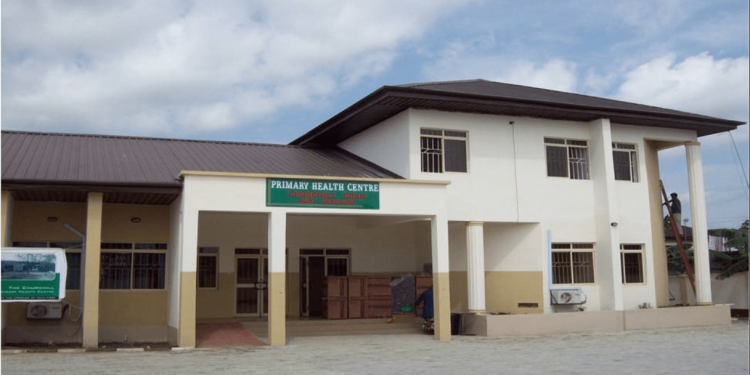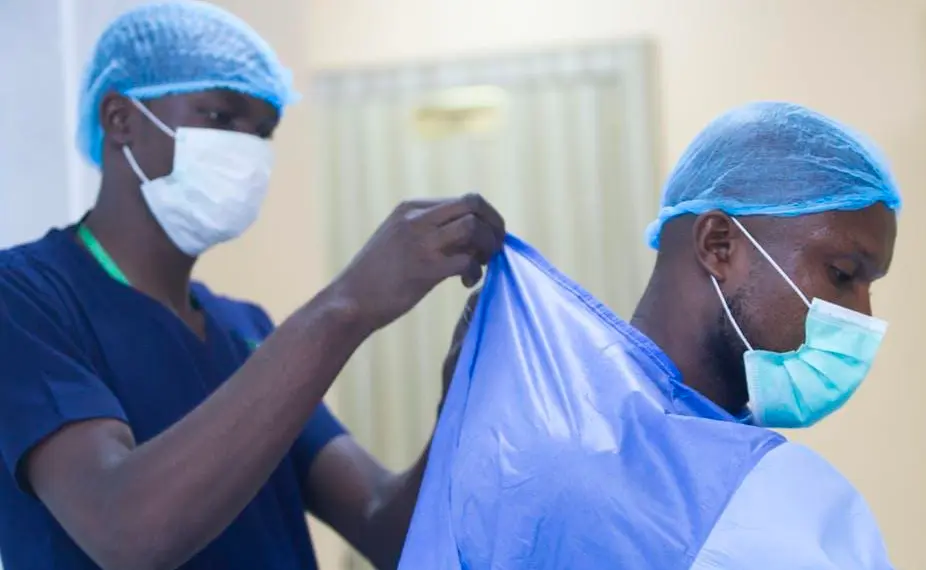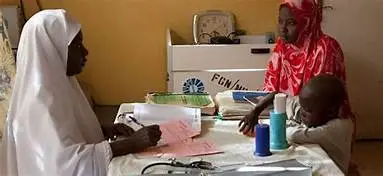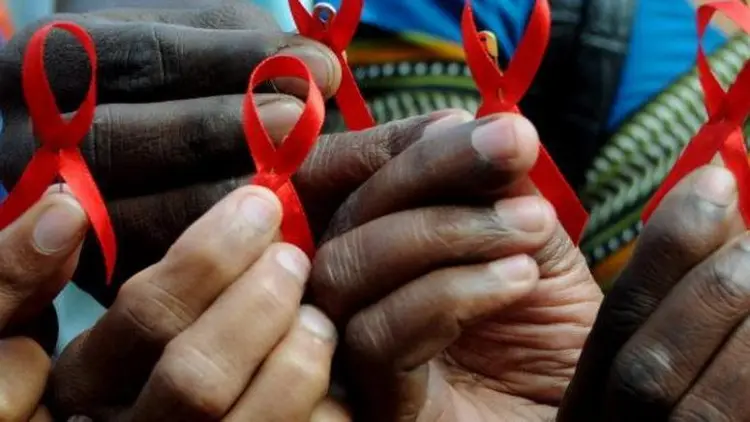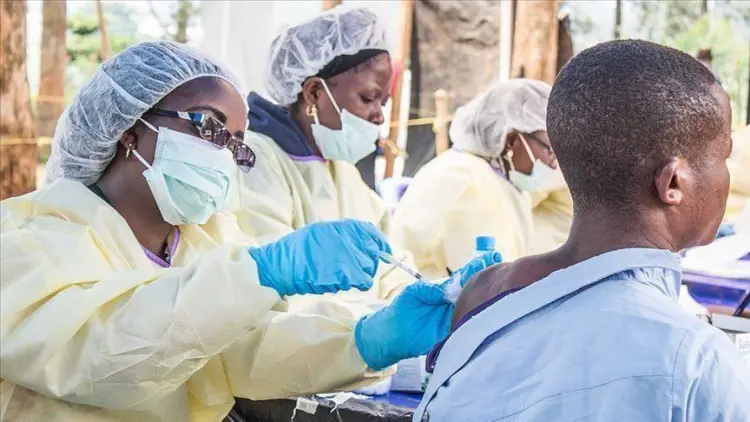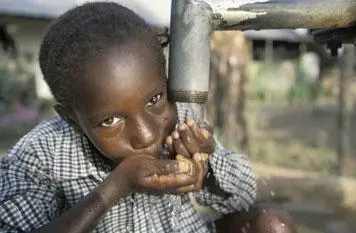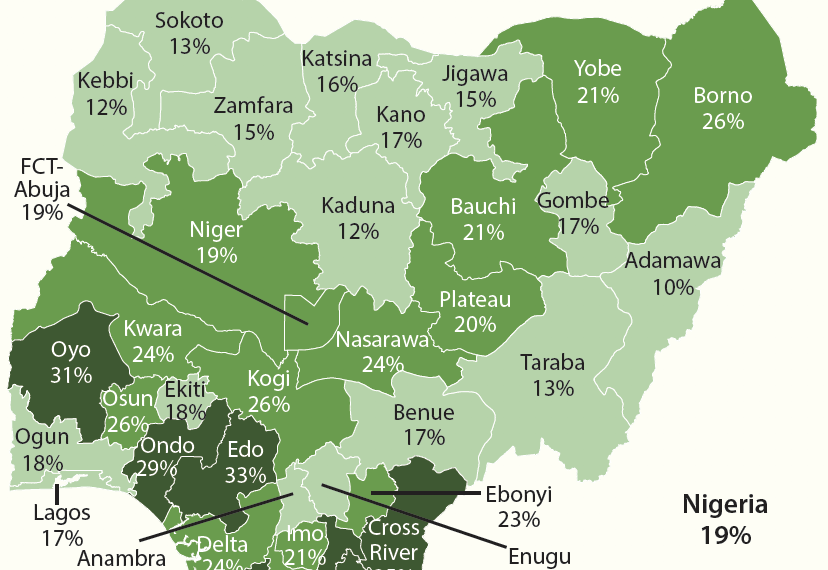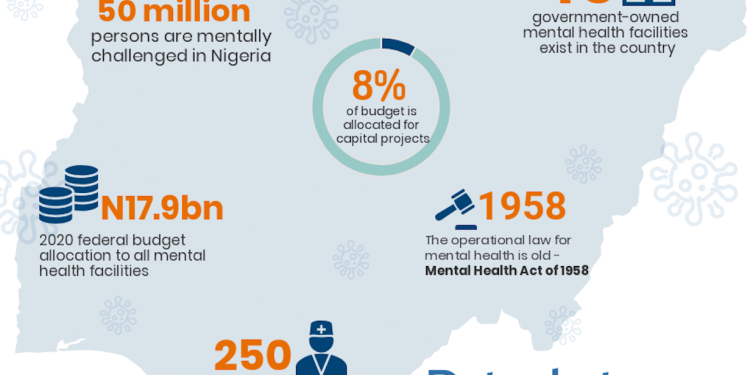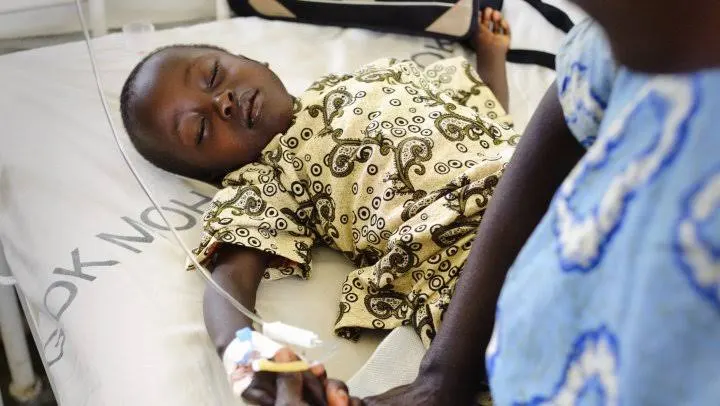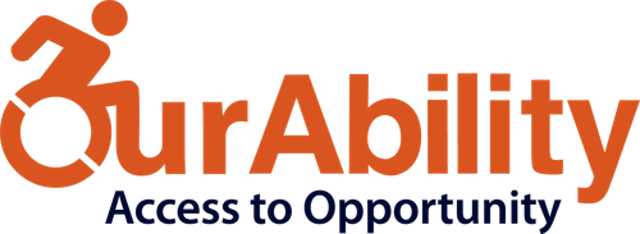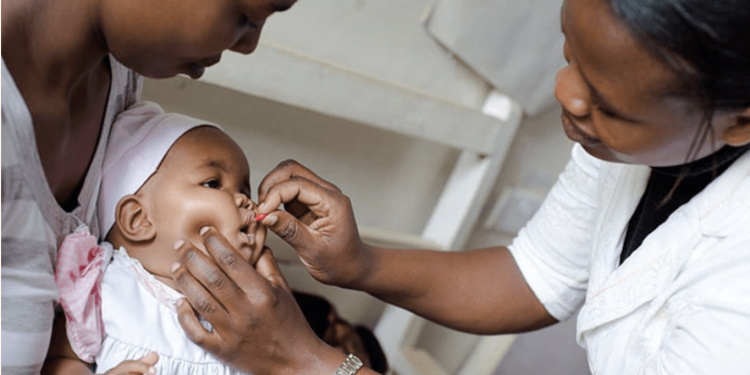
5 Health challenges deserving of that coronavirus-level emphasis
“Failure to plan is planning to fail.” The coronavirus pandemic taught countries this silver lining lesson, albeit at a cost for some. It would be thus unwise as a country not to carry over these teachings to other health endeavours. This is especially true for Nigeria, which has had an interesting half year in the health sector as it related to the novel virus. And come to think of it, is coronavirus the only health challenge Nigeria is facing? NO!



